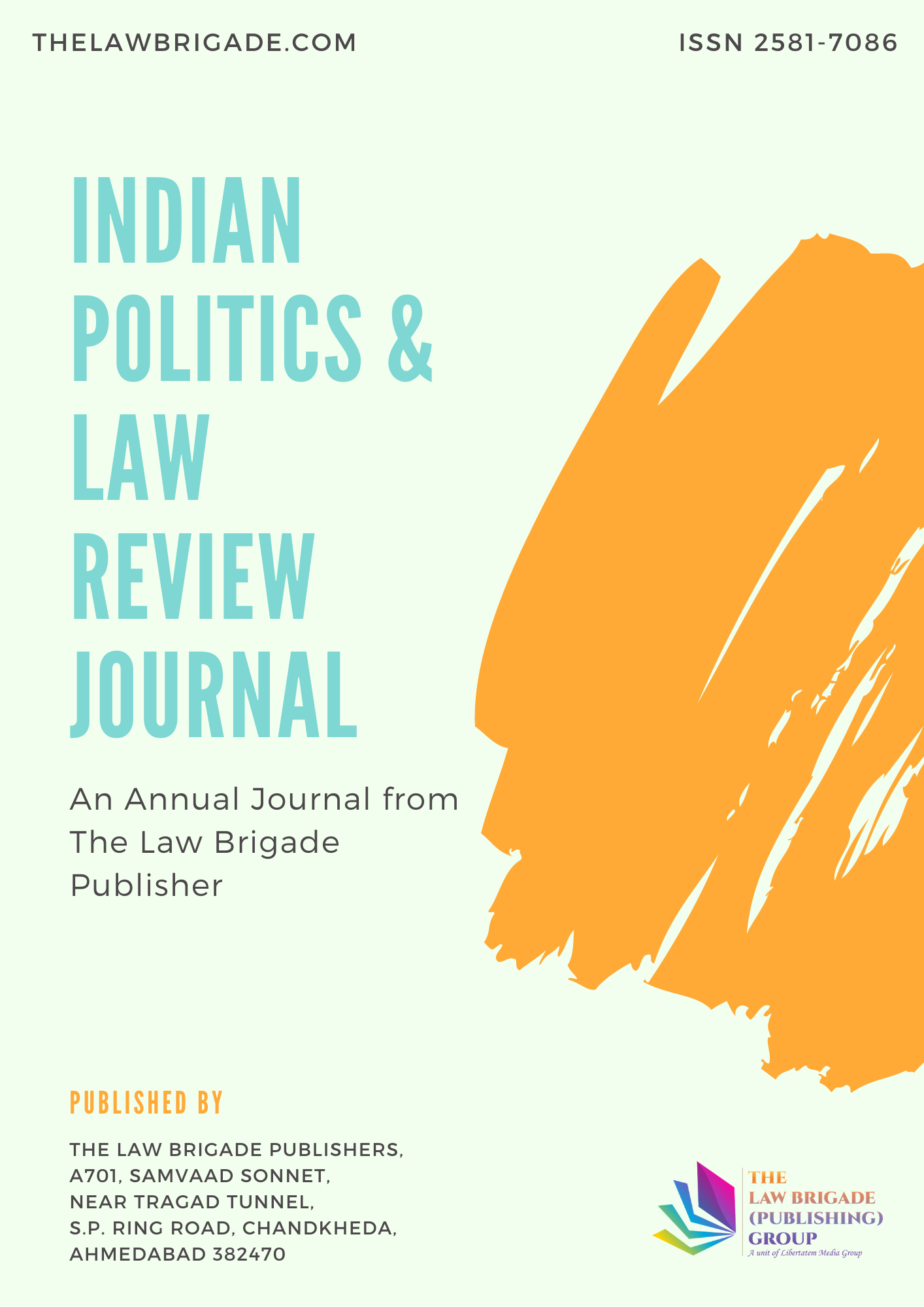The year 2019 was marked by protests and dissent against the Citizenship Amendment Act, 2019 (CAA), and the National Register of Citizens (NRC), which was implemented in Assam. The ruling Bharatiya Janta Party (BJP) had been pushing its agenda to remove illegal immigrants from Assam and send them back to Bangladesh.
The government had passed the CAA to achieve their goals, however, the Act has been underlined by pangs of islamophobia, specifically targeting Assamese Muslims. The narrative on these individuals labels them as illegal immigrants, leeching on the resources of the Indian government.
However, a closer look at the history of Muslims in Assam would reveal that these individuals have adopted Assamese culture, establishing their own hereditary right to citizenship. From a legal purview, the Act revamps the modes through which an individual can attain citizenship.
The following paper aims to understand the history of the migrant conflict in Assam, nature and ways in which citizenship is granted to individuals in India, and also analyse the constitutional validity of the aforementioned acts.





